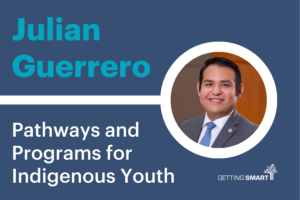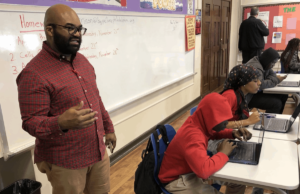Fix the Root Problem: School Governance
In a Hoover piece, Checker Finn makes the case that we’ve got school governance all wrong in America. He argues that the political leadership of local school districts is archaic and dysfunctional.
Checker points out how the UK stripped local authorities of most operating responsibility as part of the solution:
Over the last 20 years, England didn’t abolish its “local education authorities”—Blighty’s version of school districts—but it conferred so much autonomy on individual schools and their boards of governors that it essentially marginalized those authorities. American states could do the same. They could also repackage their money and make it portable anywhere within their borders and perhaps beyond. They could enact “open enrollment” laws and uncap charters. They could make school results transparent. The federal government could pull back from telling states and districts what to do and instead focus on gathering solid, comparable data about academics and finances.
Like Tom, Checker is big on networks:
Voluntary school networks, not necessarily geographically based, will often prove more efficient and do better quality-control than thousands of isolated organizations. (Think “systems of schools” rather than “school systems.”) Nor should individual schools have to invent everything from scratch or buy it in small batches; they should be free to join with others in acquiring food services, transportation, health insurance, speech therapists, and such. They should also be free to individualize instruction (and boost curricular quality and diversity while saving money) by providing instruction via technology.
Here’s a summary of how governance should work:
With the governor squarely in charge of education, states would wield most of the authority and provide most of the money, but those dollars would follow kids to the schools of their choice, which would largely run themselves, selecting their staffs, managing their budgets, etc. Most would be brick and mortar structures but many classes would be online. Some schools would be entirely “virtual.” All sorts of schools would join together for various purposes and purchase services (if they choose to) from regional centers that take the place of today’s school districts. Academic standards in core subjects would be the same across the land, as would tests and other gauges of performance.





0 Comments
Leave a Comment
Your email address will not be published. All fields are required.